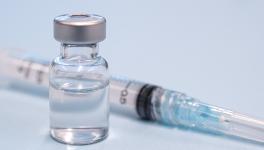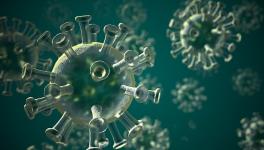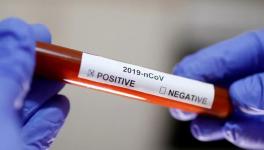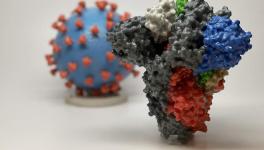Long COVID: NIH Begins Range of New Clinical Trials Under RECOVER Initiative
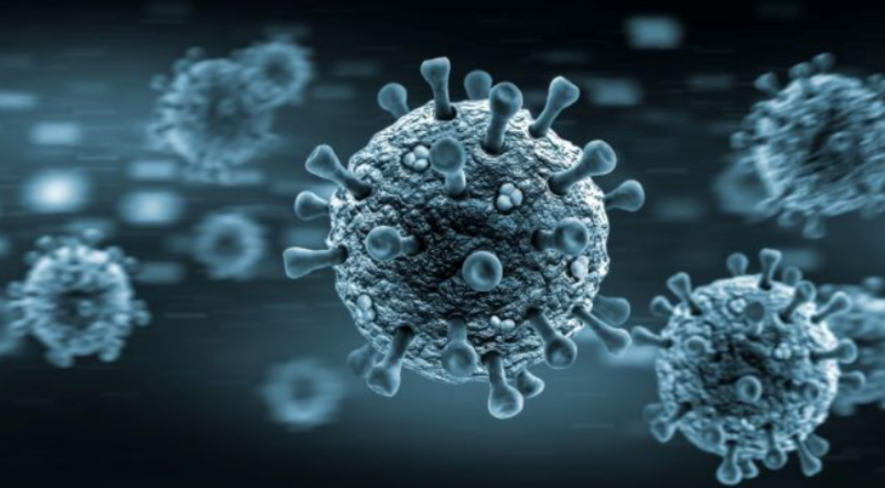
The National Institutes of Health (NIH), USA’s leading agency of health research, announced on July 31 that it is going to conduct phase II clinical trials targeted to treat long COVID. It says that the trials will evaluate at least four ways of treating long COVID that may be potentially beneficial. The treatment paradigms will include drugs accompanied by biologics, medical devices and other therapies. The trials will be under NIH's Researching COVID to Enhance Recovery (RECOVER) initiative.
Long COVID still remains a concern, which the World Health Organisation (WHO) defines as the continuation of symptoms or development of new symptoms three months after the initial infection by SARS-CoV-2, the coronavirus that causes COVID-19. By now, almost all of us know what symptoms COVID-19 can ignite. But, in the case of long COVID, those initial symptoms linger for long. Patients with long COVID can have as many as 200 different symptoms, which can impact day-to-day life.
The new NIH trials will also be focusing on some of the cognitive symptoms of long COVID, including brain fog and sleep troubles. The trials will be conducted in groups of people ranging from 100 to 300 with long COVID.
RECOVER is a large program of NIH designed to understand, treat and prevent long COVID symptoms. With about $ 1 billion in funding, RECOVER was launched in early 2021. In the early phase, the program concentrated more on postinfection syndrome ‘to identify risk factors. But, it has witnessed criticisms of being too slow and failing to help patients with long COVID who desperately need care. NIH says that the program has recruited over 24,000 participants till now, and analyses of over 60 health records are going on to understand how COVID-19 affects different organs of the body.
Walter J. Koroshetz, director of the National Institute of Neurological Disorders and Stroke, in a statement published in the latest NIH release, was quoted to have said, “ Hundreds of RECOVER investigators and research participants are working hard to uncover the biologic causes of long COVID. The condition affects nearly all body systems and presents more than 200 symptoms. Recognising that more than one solution is likely needed, we’ve taken the lessons learned from RECOVER participants to design rigorous clinical trial platforms that will identify treatments for persons with different symptom clusters to improve their function and well-being.”
The latest announced trials will be of four types, focusing on viral persistence as well as cognitive dysfunction. The four treatment paradigms, as announced by NIH, are:
RECOVER VITAL: It will consist of the antiviral drug PAXLOVID (Nirmatrelvir and Ritonavir) and will be tested with a longer dose regimen. This aims at treating the persistence of the SARS-CoV-2 virus (coronavirus that causes COVID-19). PAXLOVID is a product by Pfizer Inc, a big pharma company. It is approved for treating adults having mild to moderate symptoms of COVID-19 and who are at risk of developing severe disease.
RECOVER NEURO: It aims to examine how long COVID-induced cognitive problems like brain fog, problems with memory and problems with attention, clear thinking etc., can be intervened. This trial will have BrainHQ (developed by Posit Science Corporation, USA), a web-based brain training program, along with another technique named PASC-Cognitive Recovery (developed by Mount Sinai Health System, USA). The trial will also include a device (developed by Soterix Medical, USA) that can be used at home for transcranial current stimulation. All of these are computer-aided tools and devices.
RECOVER SLEEP: This aims to intervene in the disorders of sleep due to COVID-19 with some kinds of drugs.
RECOVER AUTONOMIC: This targets to examine interventions to treat problems with the autonomic nervous system. Remember, the autonomic nervous system controls a range of activities, including heart rate, breathing, and digestive system activity. The initial trial will aim at irregular heartbeat, fatigue and dizziness symptoms.
These treatment paradigms have been designed to accelerate the evaluation of the safe and effective ones, NIH says in its release adding that these interventions are chosen on the basis of ideas submitted through a call for application notice of 2022. These ideas have been reviewed by scientists and patient representatives as well and are approved by NIH.
Get the latest reports & analysis with people's perspective on Protests, movements & deep analytical videos, discussions of the current affairs in your Telegram app. Subscribe to NewsClick's Telegram channel & get Real-Time updates on stories, as they get published on our website.









